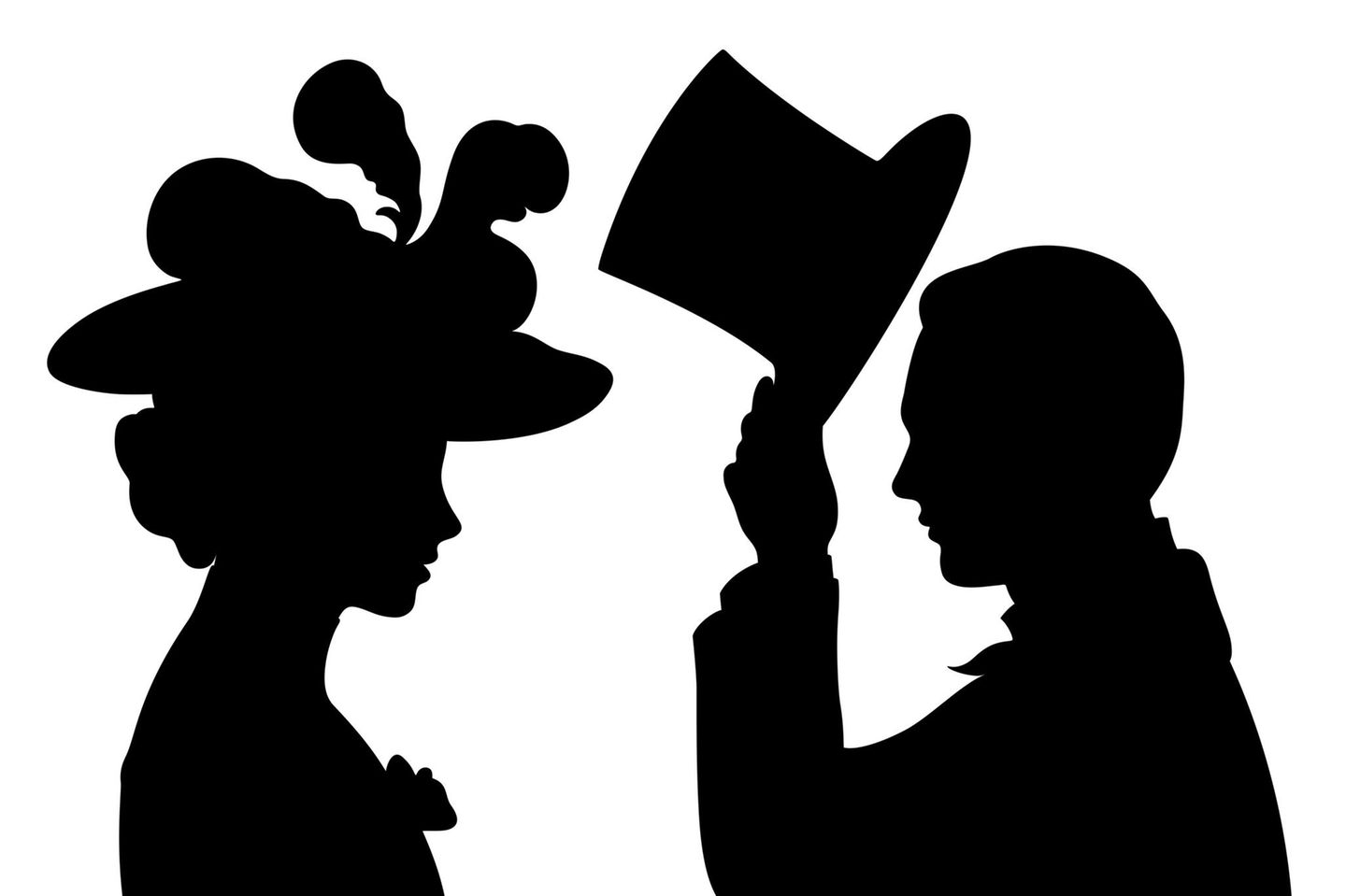I’m sorry, what?
Situations in which supposed politeness is disrespectful
© dariodraws / Brigitte
Kindly meant? That is not always enough. We show some situations in which supposedly polite statements turn out to be quite nasty.
“Politeness is an ornament” – or is it a virtue? Either way, it is often well-intentioned, socially desired and, in some circles, almost expected. So politeness in itself can’t be a bad thing, right?
Yes and no. The most polite phrase – no matter how nicely intended it may have been – can come across as very unfriendly to the other person at the wrong moment. Communication is a thing, often anything but easy, and social interactions can be a complete minefield if you’re not careful.
We have collected a few situations in which supposed politeness can unfortunately be quite disrespectful and nasty.
“You look great, have you lost weight?”
Unfortunately, beauty is not just in the eye of the beholder. Over the centuries, society’s ideas about what “beautiful” means have changed again and again – currently, people who are slim and athletic are considered “normally beautiful”. Ergo, those people who do not correspond to this ideal are consciously or unconsciously devalued. Overweight people are often victims of weight stigma, which a BioMed Central article defines as the “social rejection and devaluation” experienced by people who “do not conform to mainstream social norms regarding appropriate body weight and shape.”
This form of discrimination is also evident in – supposedly – nicely meant compliments to people who have lost (a lot of) weight. Phrases like “You look much better!” or “You’ve lost a lot of weight, great!” Above all, they suggest: You didn’t look good before and it was good and important that you lost weight. The question to ask yourself is: Would you have commented on the person’s appearance before their weight loss and if so, how? It is better not to make a person’s appearance an issue in the first place, neither in one direction nor the other.
“You’ll find someone”
Ah, the poor singles.What a sad, lonely life they must lead. Every night they fall asleep alone, every morning they wake up alone. How can you possibly help them? Perhaps by reassuring them that their loneliness, their miserable existence, will come to an end. Because yes, they too will find someone who loves them – because obviously there is no one sitting in front of them who does that. Why else would you say something so tactless?
It’s understandable that we want to give our friends courage, especially when they themselves clearly say that they would like to have someone at their side. But on the one hand, the idea that every person can only be happy in a relationship is ultimately just one of many norms in our society (“amatonormativity”), which do not have to apply to the individual. On the other hand, it should be our job as friends to support our loved ones in their individual being: “You are wonderful and complete and I love you for the person you are are” – Ultimately, that’s what each of us should hear again and again. And not: “The right one will show up at some point and then everything will be fine.”
“You’re pretty smart for that…”
An apparent compliment that can be quite insulting. “For a woman, you park very well” – very few people would take such a statement as a compliment, just as few people would take it as: “You’re pretty talented for your age.” Ultimately, such a “compliment” indicates that you are surprised at the person’s success. She performed well, although For example, she is a woman. Although she is young. But ultimately this does not emphasize success, but rather the – supposed – resistance.
“You park very well”, “You are very talented” – if you reduce the compliment to the actual core of the statement, you avoid faux pas and keep your perspective on what is important. And not prejudice and condescension based on age or gender.
Sources used: bmcmedicine.biomedcentral.com, journals.sagepub.com, psych2go.net, queer-lexikon.net
